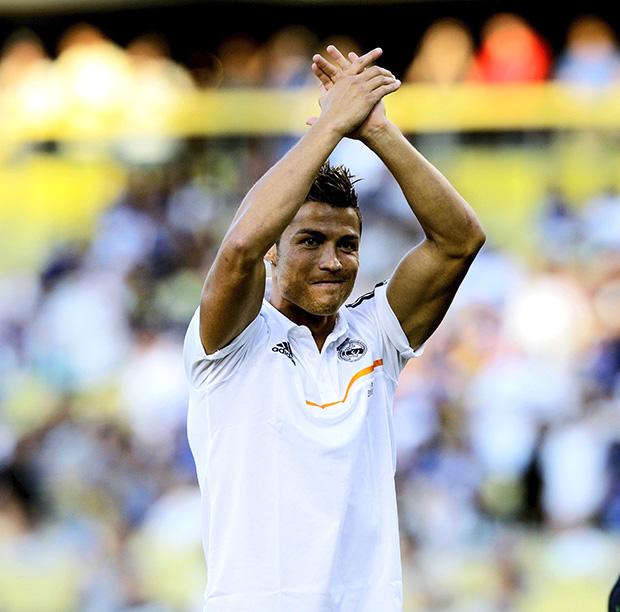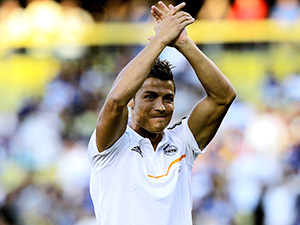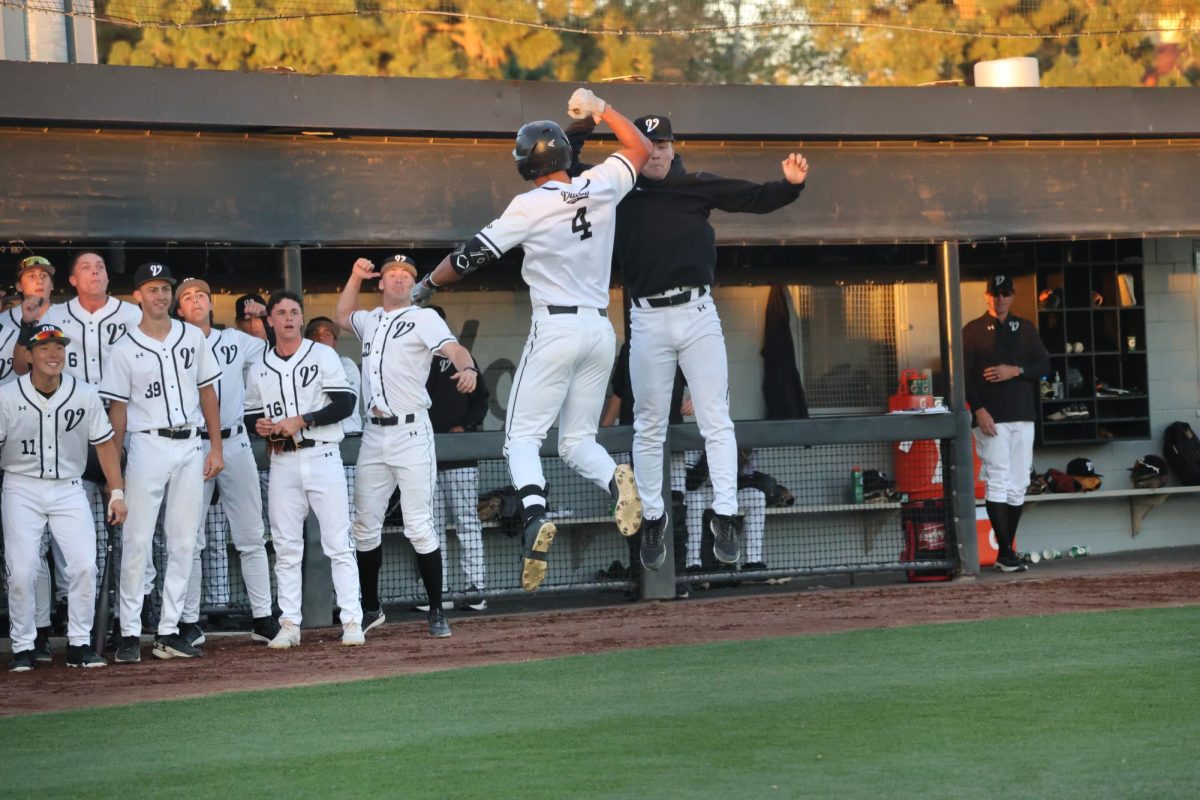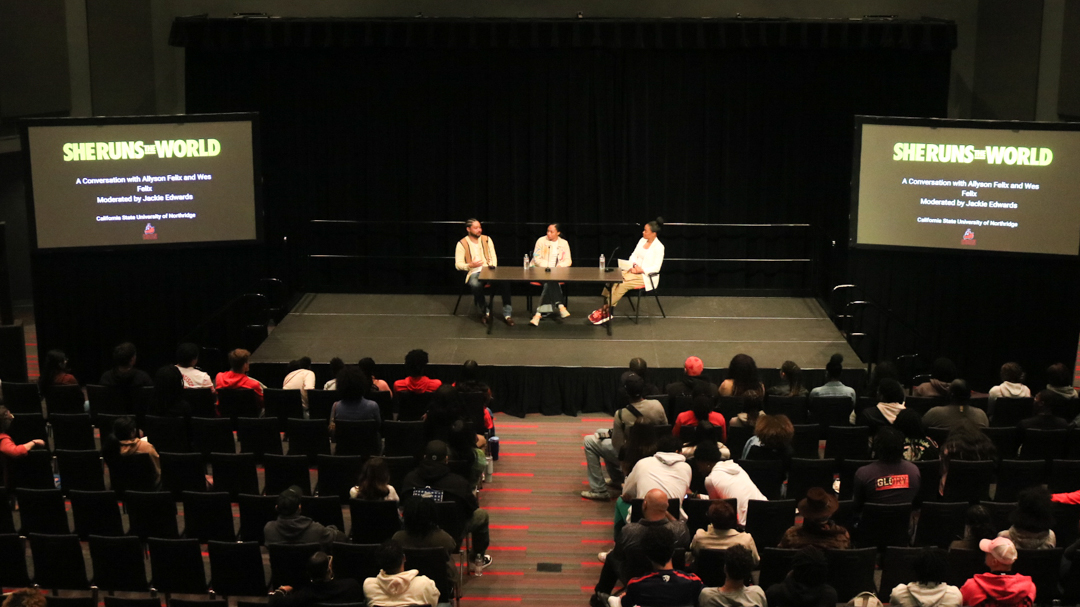
$134 million. That is the amount of money spent this summer by Real Madrid to acquire the services of Welsh soccer star Gareth Bale. Record-breaking? Absolutely. Fair play? Not by a long shot.
The UEFA Financial Fair Play Regulations, which prevents teams from spending more than they earn, were put into play on September 2009 in order to “introduce more discipline and rationality in club football finances.” In the four years that have passed, the concept seems to have disappeared as quickly as Fernando Torres’ career. What was supposed to be a lifesaver in a period where more and more clubs went bankrupt because of the disastrous economy, has turned out to be a laughing stock. Even UEFA president, Sepp Blatter, who was firmly behind the concept, seems to have given up.
“If a price of a player is high or not high, I think this is the market and we cannot intervene in this market,” Blatter said.
Back in 2009, it was also a high price transfer that raised initial concerns and again it was an English club cashing in. Cristiano Ronaldo left Manchester United to join Real Madrid for $126 million. Ronaldo’s transfer was, up until this summer, the world’s most expensive but now the throne has been taken by Bale.
If we leave Bale be for a minute and focus on the overall state of the European leagues, it is a similarly staggering amount of money being spent this summer. $2.3 billion. Take a moment to let it sink in. $2.3 billion. This is happening in a time where a country like Spain has an unemployment rate of 55 percent for young people and a debt of $34.72 billion. With Real Madrid’s spending capacity, it appears that the club does not reflect the state of the country.
Obviously, there are concerns that need to be addressed but the question is, by whom? The clubs show no sign of slowing down and when soccer’s governing body refuses to strike down harder, it seems that we must simply wait for the market to crash and burn. As a soccer fan, that would no doubt be heart-wrenching.
The heart of the problem goes beyond just soccer and is the result of modern sports mentality: wages. Star-players require star-pay and in the 2011-12 season, Premier League clubs paid $2.6 billion on wages. This year, the players are not demanding any less and wages are expected to grow to $3.4 billion. Bale’s pay will be around $474,000 – a week, that is.
As a student, I cannot even begin to fathom how much money that really is. However, what I do know is that if players followed the advice given by Manchester United Manager David Moyes back in 2012 and took a 20 percent pay cut, finances could go back on track and ticket prices would be cut to the benefit of fans. The year is now 2013 and with Moyes’ promotion to one of the powerhouses of European soccer, another voice of reason has unfortunately been drowned out.






